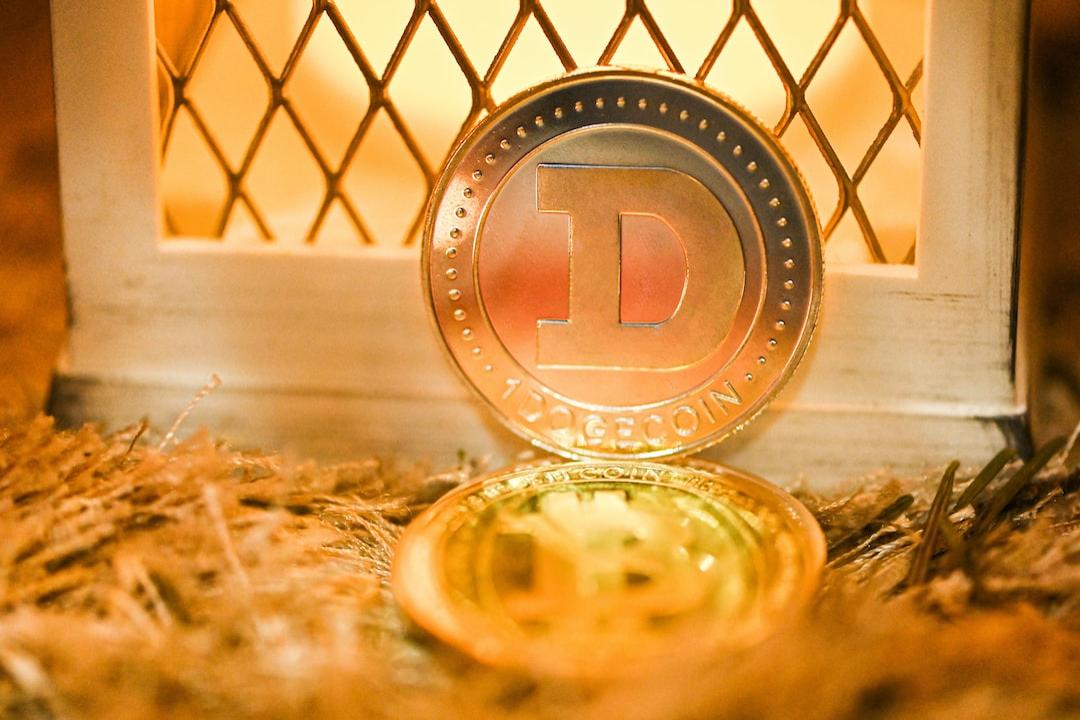Matter Labs, the developer of the Ethereum layer 2 network zkSync, has refuted allegations of “insider minting” on June 26th. The company stated that all minters of the Libertas Omnibus non-fungible tokens (NFTs) were eligible to do so according to official criteria.
The controversy began with a post by blockchain researcher soEasy on June 17th, accusing the team of distributing Libertas Omnibus NFTs to friends of the team who were not eligible to receive them. It was also claimed that these “insider mints” allowed the insiders to mint ZK tokens without meeting the airdrop criteria.
In response to these claims, a representative from Matter Labs stated on June 26th that there were “no invalid mints” and explained that there were multiple ways for users to mint the Libertas Omnibus NFTs. One set of eligible users included those who interacted with the top 100 zkSync NFTs, while another set consisted of event attendees who scanned a QR code to mint the NFT.
Matter Labs also clarified that holding Libertas Omnibus NFTs alone did not make a user eligible for the ZK airdrop. The allocation of the airdrop was determined based on eligibility criteria, the amount of funds bridged and held on ZKsync Era, and bonus multipliers. The company also stated that its employees were not eligible for the airdrop.
The Libertas Omnibus NFT mint was launched by Matter Labs as a test in July 2023. The company later announced an “Open Mint” for eligible users who interacted with the top 100+ zkSync NFT collections between the mainnet launch and July 12th. The open mint ended in January, according to Matter Labs.
On June 17th, zkSync launched an airdrop for its ZK token, and eligibility was determined by factors such as “eligibility points,” Time-weighted Average Balance (TWAB), and multiplier.
SoEasy, the blockchain researcher, claimed to have discovered “insider minting,” alleging that certain wallet addresses were able to mint Libertas Omnibus NFTs without meeting the criteria. The researcher identified two groups of addresses labeled “A” and “B” that were involved in these insider mints. Group A addresses added themselves to a whitelist using contract privileges, while Group B addresses used specific functions to mint a large number of NFTs to various addresses they controlled.
Matter Labs denied these claims, stating that all addresses acquired Libertas Omnibus tokens through valid means. Cointelegraph investigated the transactions and found that specific functions were used by administrators to mint NFTs or add users to a whitelist.
Despite the controversy surrounding the Libertas Omnibus mint and the ZK sync airdrop, Matter Labs maintained that holding the NFT alone did not guarantee eligibility for the airdrop.
In conclusion, Matter Labs has refuted allegations of “insider minting” and stated that all minters of the Libertas Omnibus NFTs were eligible according to official criteria. The controversy surrounding the mint and the airdrop continues as researchers and the company provide conflicting information.

